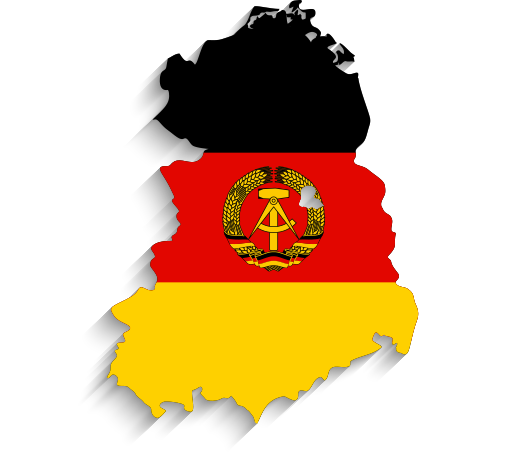(Grant Agreement n. 669194)
(Schöneberg, 19/7/1914 - Berlin, 13/4/1999)
Member - Politburo (1953-1989)Chairman - Council of Ministers (1964-1973)
Member - Extended "Small Circle" (1971-1989)
Chairman - Council of Ministers (1976-1989)

It is hard to measure the Prime Minister’s influence on the East German economic policy and the GDR’s dealing with the West. He was personally involved in the early negotiations between East and West Germany, nevertheless, his influence had been limited. Also, in later years, his footprint is hard to discover. Stoph’s remarks in the “Small Circle” remained within the party line. His role in shaping the economic course of the GDR was – if any – that he joined forces with Werner Krolikowski in denouncing Erich Honecker and Günter Mittag in Moscow, for once, in 1980 he openly voiced his critique on the country’s economic policy in the Politburo, but as in the case of Schürer and Mittag in 1977, his remarks were turned down. Thereafter he seemed to be even less influential, even though – probably due to Soviet backing – he remained at his post.
|
The President of the East German Central Bank belonged to those economic experts who were permanently aware of the worsening economic and financial situation of the GDR. In the late 1970s he contributed to analyses warning about rising debts a... |
|
From 1973 to 1976 Werner Krolikowski replaced Günter Mittag as Secretary of the Central Committee for Economics. He had no professional or academic experience in this field, nevertheless, initially he aimed at learning the ropes. However,... |
|
The head of the East German Ministry of State Security naturally had an in-depth knowledge about the overall situation in the GDR – also regarding economics. Mielke had a close relationship to Erich Honecker and they exchanged their view... |
|
As Secretary General of the Socialist Unity Party of Germany Erich Honecker shaped the East German economic and foreign policy most. It was him who took the final decisions. By introducing and pursuing the concept of “Unity of Economic a... |
|
Memorandum on the discussion of the draft of the five-year plan 1976–1980 presided by Honecker
BArch-DDR, DE 1/58633
In this meeting of the “small circle” in November 1976 dealing with the next five-year plan the Chairman of the State Planning commission, Gerhard Schürer, stated: “The gap between imports and exports has widened further but it has to be closed by all means. That is a fateful question for the GDR.” In the following discussion some thought about rigorous import cuts, others reasoned about the causes within the CMEA and problems on the Western sales markets. Nevertheless, Günter Mittag and Erich Honecker also highlighted positive examples of trade relations with the West and the growing Western acceptance of countertrades. Honecker concluded that the plan 1976–1980 is shaped by the enforcement of the “Unity of Economic and Social Policy,” which he did not intend to change. Honecker did not expect any progress in CMEA integration, expressed his worries about the balance of payments, and advocated increasing exports to the West and developing countries as well as cooperation on third markets if they earned hard currency. - Available only in the archive: https://www.bundesarchiv.de |
